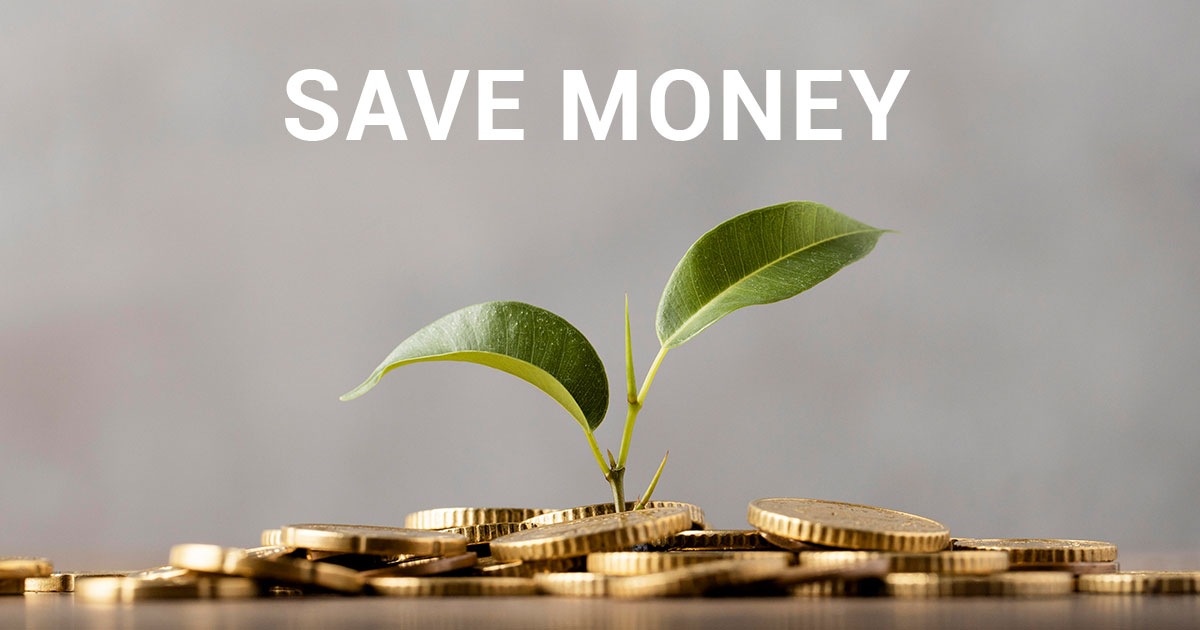
In a world driven by consumerism and materialism, the concept of frugality often takes a backseat. However, it is worth exploring whether embracing a frugal lifestyle is truly worth it. This article delves into the multifaceted aspects of frugality, examining its impact on personal finance, environmental sustainability, and overall well-being. By understanding the hidden benefits of frugality, we can make informed decisions about our spending habits and lead more fulfilling lives.
- Financial Freedom and Stability:
Frugality is a powerful tool that can pave the way to financial freedom and stability. By adopting a frugal mindset, individuals can prioritize their spending, differentiate between needs and wants, and save for the future. This approach allows for the accumulation of emergency funds, investments, and the ability to weather unexpected financial storms. Frugality empowers individuals to break free from the cycle of debt and live within their means, ultimately leading to a more secure financial future. - Environmental Sustainability:
Beyond personal finance, frugality plays a vital role in promoting environmental sustainability. The excessive consumption associated with a non-frugal lifestyle contributes to resource depletion, pollution, and waste. By embracing frugality, individuals can reduce their carbon footprint by practicing mindful consumption, reusing and repurposing items, and minimizing waste. Frugality encourages a shift towards sustainable practices, such as buying second-hand goods, repairing instead of replacing, and embracing minimalism. By making conscious choices, frugality allows us to contribute to a greener and more sustainable planet. - Enhanced Creativity and Resourcefulness:
Frugality fosters creativity and resourcefulness by challenging us to find innovative solutions with limited resources. When faced with financial constraints, individuals are encouraged to think outside the box, explore DIY projects, and find alternative ways to meet their needs. This mindset not only saves money but also stimulates personal growth and self-reliance. Frugality encourages us to value experiences over material possessions, leading to a more fulfilling and meaningful life. - Reduced Stress and Improved Well-being:
Living a frugal lifestyle can significantly reduce financial stress and improve overall well-being. By avoiding unnecessary expenses and focusing on what truly matters, individuals can experience a sense of contentment and peace of mind. Frugality promotes mindful spending, which in turn reduces the pressure to keep up with societal expectations and trends. The freedom from financial burdens allows individuals to prioritize their mental and physical health, fostering a more balanced and fulfilling lifestyle.
Conclusion:
In a world that often glorifies excessive consumption, embracing frugality can be a transformative choice. The value of frugality extends beyond financial benefits, encompassing environmental sustainability, enhanced creativity, and improved well-being. By adopting a frugal mindset, individuals can take control of their finances, contribute to a sustainable future, and lead more fulfilling lives. So, is frugality worth it? Absolutely. It is a powerful tool that empowers us to make conscious choices, find joy in simplicity, and create a better world for ourselves and future generations.


